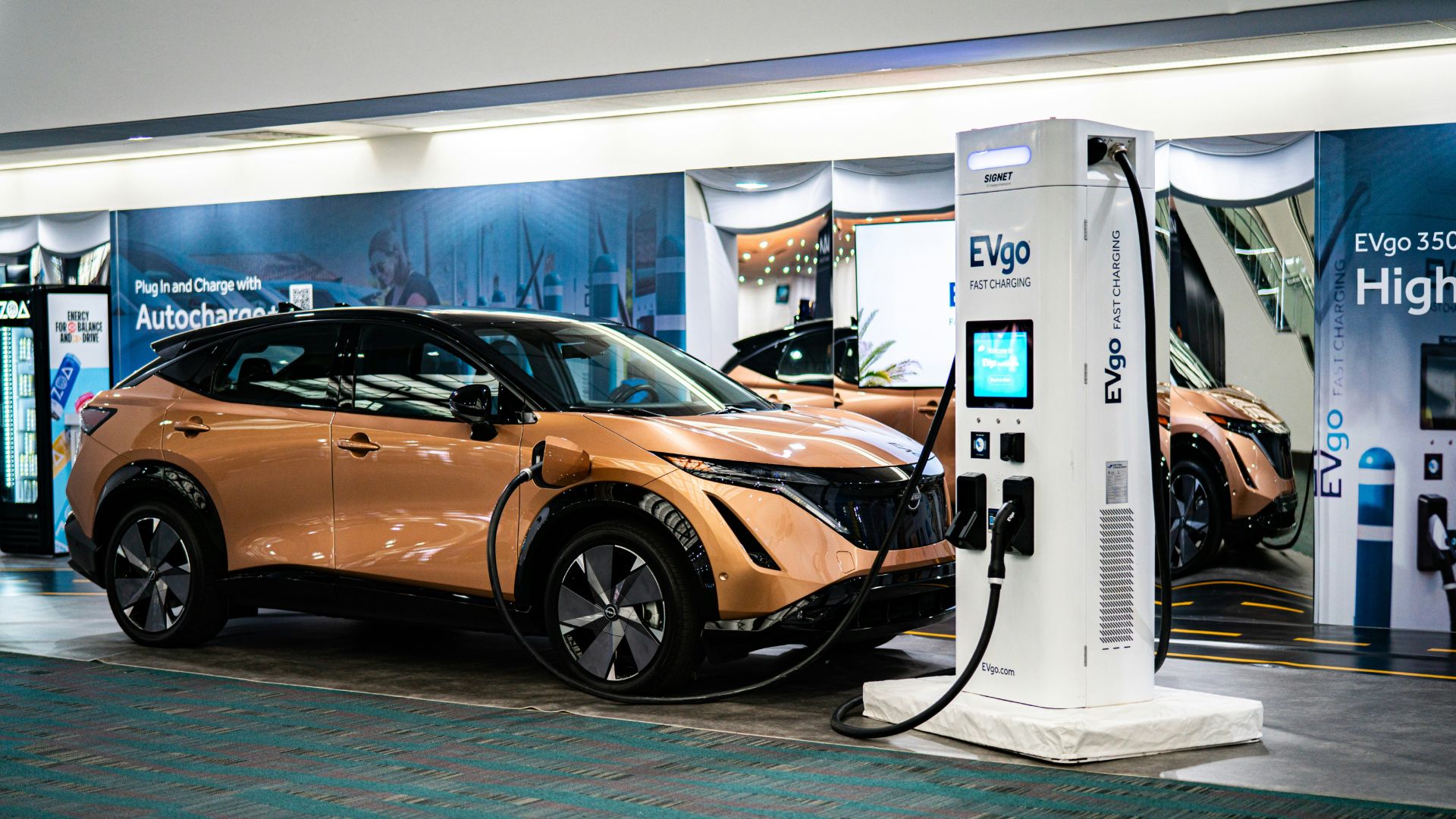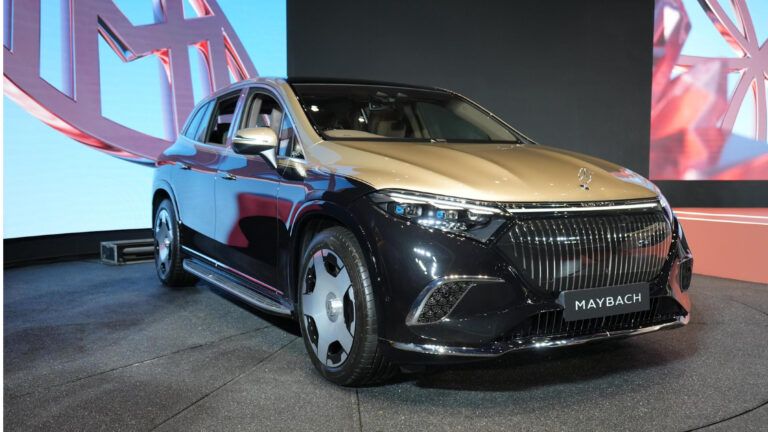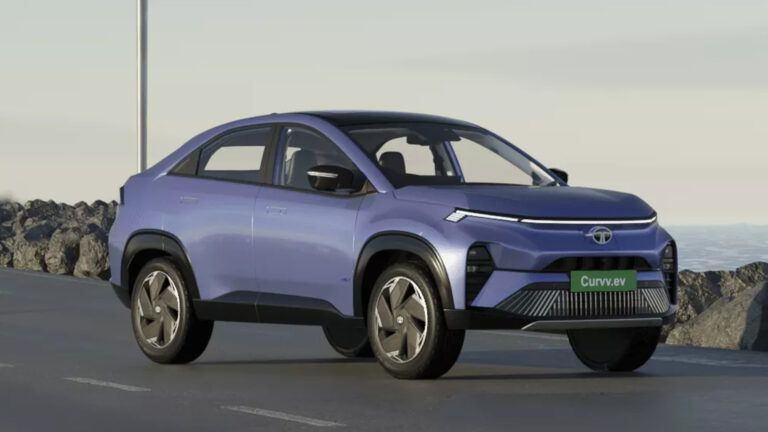Tripura State Electricity Corporation Limited (TSECL) has planned to install four electric vehicle charging stations in and around Agartala. It was the Tripura Power Minister Ratan Lal Nath who shared the information on Thursday.
Moreover, a request for the necessary funding has been made to the Union Ministry of Power’s Bureau of Energy Efficiency (BEE).
In 2022, the Tripura government launched an electric vehicle scheme. The goal is to switch 10% of all vehicles to electric power during the next five years. However, there aren’t any public EV charging stations in Tripura at the moment.
In an effort to get permission to install 45 electric vehicle (EV) charging stations throughout the state, the Tripura State Electricity Corporation (TSECL) has submitted a request to the Indian government.
In an exclusive interview with ANI, the Power Minister stated:
TSECL has been appointed as the nodal agency for electric vehicle charging stations in our state.
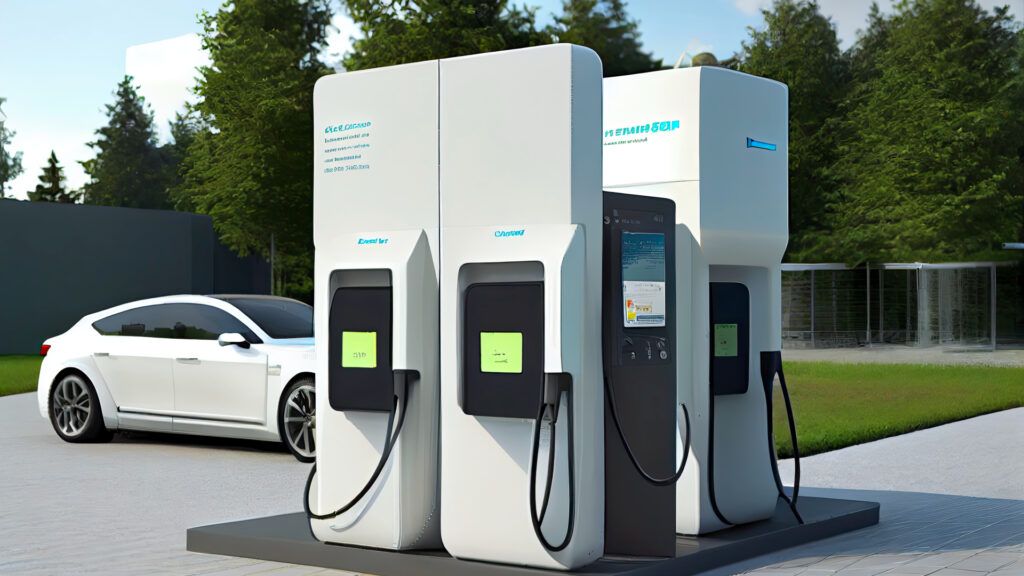
The Transport Department will handle the logistical aspects, including land, labor, etc. in accordance with the e-vehicle policy of Tripura.
TSECL has sent a proposal to BEE about the allocation of funding for the installation of four EV charging stations. The state will install the stations at the Agartala areas of Chandrapur, Nagerjala, Radhanagar, and the TSECL corporate office.
The minister claims that the project has been a joint effort between the departments of power and transportation. Furthermore, it is receiving attention from both the transportation and power agencies. Besides that, the state will complete the railway line’s electrification in the next months.
As per the Power Minister, the state has already completed approximately 90% of the electrification-related work. Additionally, it will shortly finish the rest of the project. At the federal level, this initiative is highly prioritized.
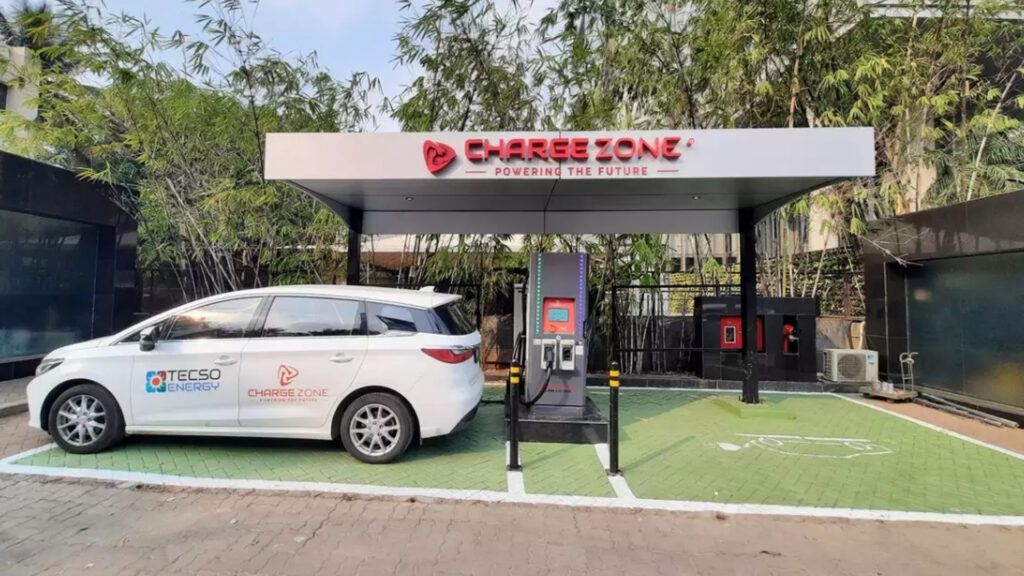
Wrapping Up
Statistics show that 1,18,151 of the 76,30,921 registered vehicles in the northeast are EVs. Notably, the percentage of electric car sales in Assam and Tripura is higher than the national average, at 2.02% and 2.16%, respectively.
Thus, it is important to set up EV infrastructure in places where EV growth is significantly higher.

